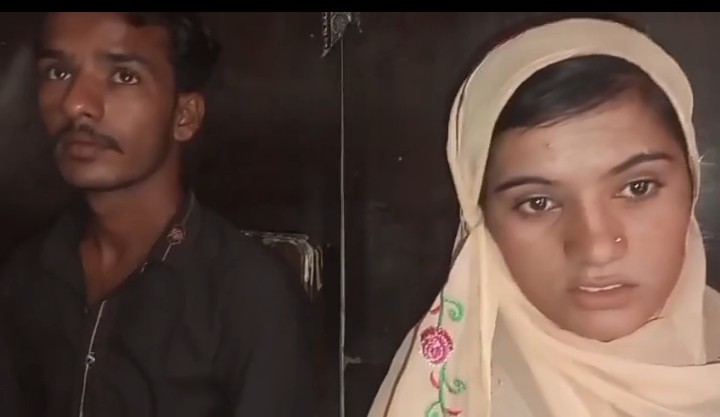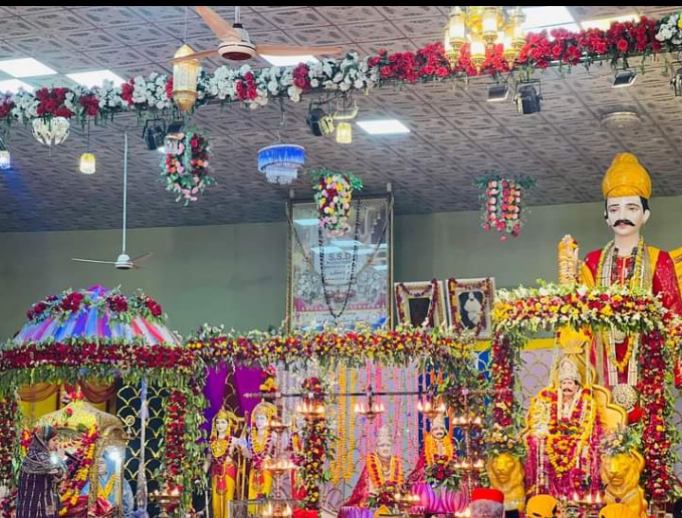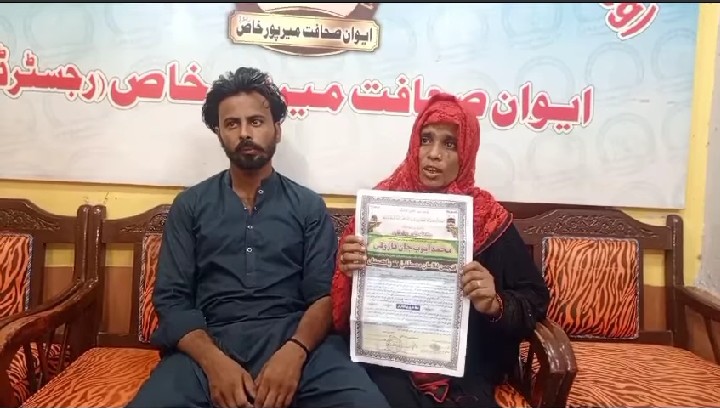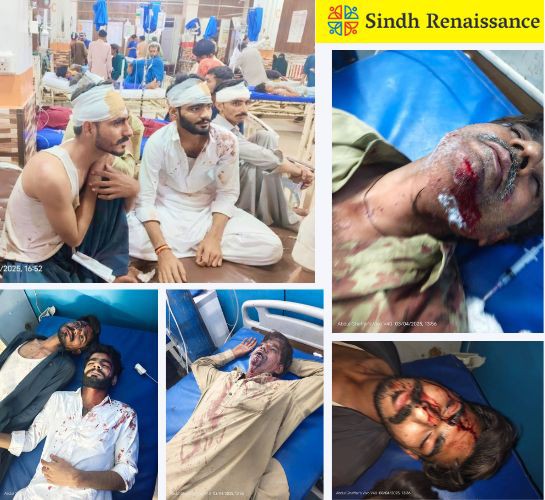Sukkur, Sindh – The troubling issue of forced conversions and marriages of underage girls continues to haunt Pakistan’s minority communities. A recent incident involving a minor Hindu girl named Monica, daughter of Hakim Oud from Nara Chondko, has once again drawn attention to the vulnerabilities faced by non-Muslim minorities in Sindh.
⚖️ Allegations of Abduction and Coercion
According to reports, Monica was allegedly abducted and forcibly converted to Islam before being married to Bashir Ahmed Sheikh, a resident of the same town. The marriage reportedly took place at the Khairpur Sessions Court, after which her name was changed to Samreen.
Her family filed a kidnapping and rape case at the Soura Police Station, claiming that Monica was taken against her will. The distress in the girl’s facial expressions and statements to the media have raised further concerns, suggesting coercion despite official claims of voluntary conversion and marriage.
📺 Media Coverage and Public Reaction
Videos and interviews circulating on social media show Monica appearing visibly uncomfortable and hesitant while speaking to the press. Her expressions and demeanor have sparked widespread outrage, with many activists and concerned citizens pointing out signs of distress and pressure, casting doubt on the legitimacy of her consent.
🌐 Global Silence and Inaction
Despite repeated appeals from rights groups and minority leaders, international human rights organizations and local authorities have remained largely silent. The lack of effective legal safeguards, coupled with social and political indifference, continues to embolden perpetrators of such crimes.
While Pakistan is a signatory to various human rights conventions, incidents like Monica’s highlight the urgent need for:
-
Legislation banning child marriage
-
Strict enforcement of laws against forced conversion
-
Independent investigation mechanisms
-
Support systems for minority communities, particularly girls
🕊️ The Larger Crisis
This is not an isolated incident. Dozens of similar cases are reported every year, particularly in Sindh, where minority Hindu and Christian families live under constant fear. Victims are often young girls, coerced under threats, manipulation, or outright violence.
Human rights defenders argue that these cases are often brushed under the rug due to religious sensitivities, political pressure, or lack of judicial independence.
📢 Conclusion: A Call for Justice
The case of Monica — now renamed Samreen — underscores the urgent need for systemic reform and meaningful intervention. If Pakistan is to uphold its constitutional promise of protecting all citizens regardless of religion, cases like this must be addressed with transparency, justice, and empathy.
The world must no longer remain a silent spectator. It is time for national and international communities to raise their voice, demand justice, and work towards safeguarding the rights of vulnerable minorities in Pakistan.
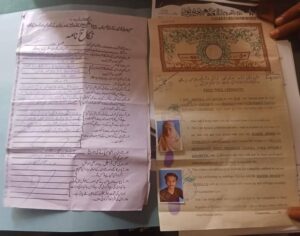
For more updates and detailed coverage of this case and other issues affecting the Hindu and Sindhi communities in Sindh, Pakistan, stay tuned to Sindh Renaissance.



